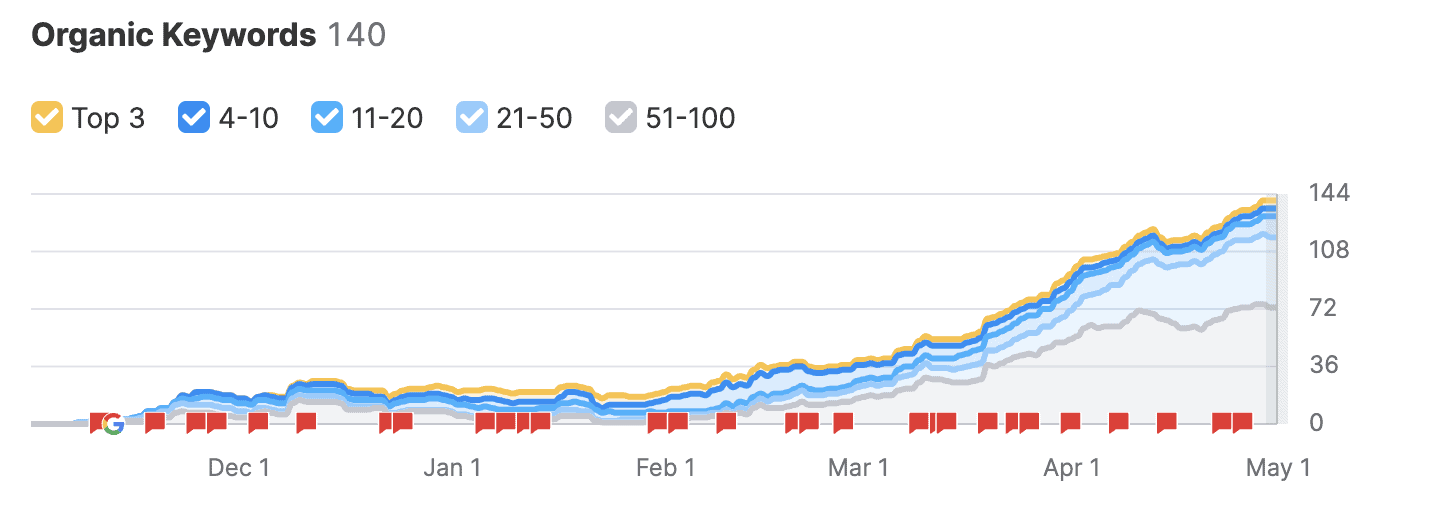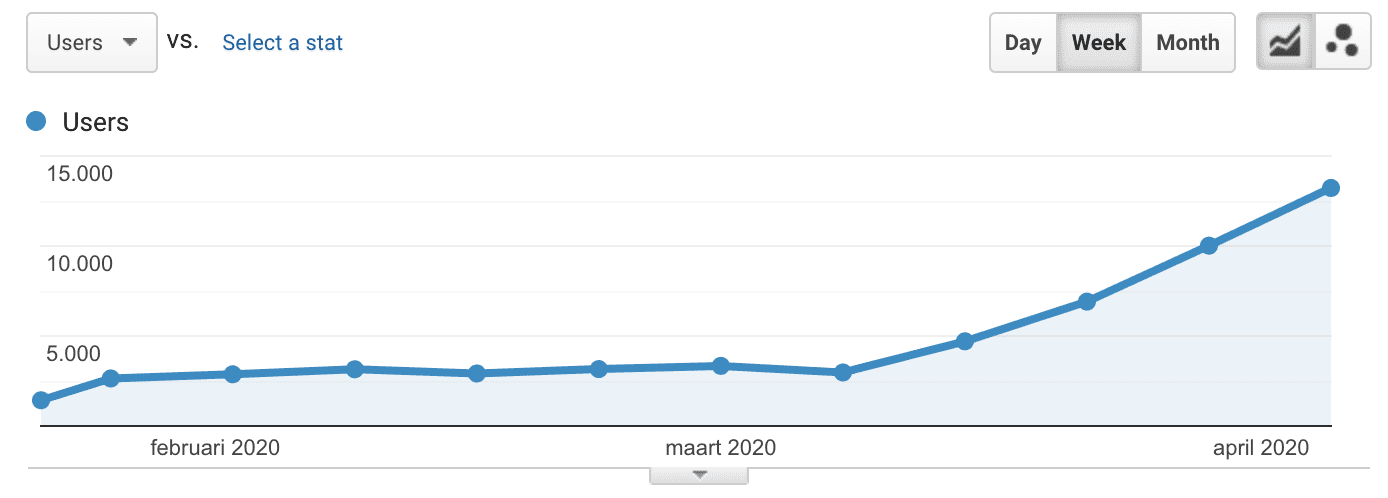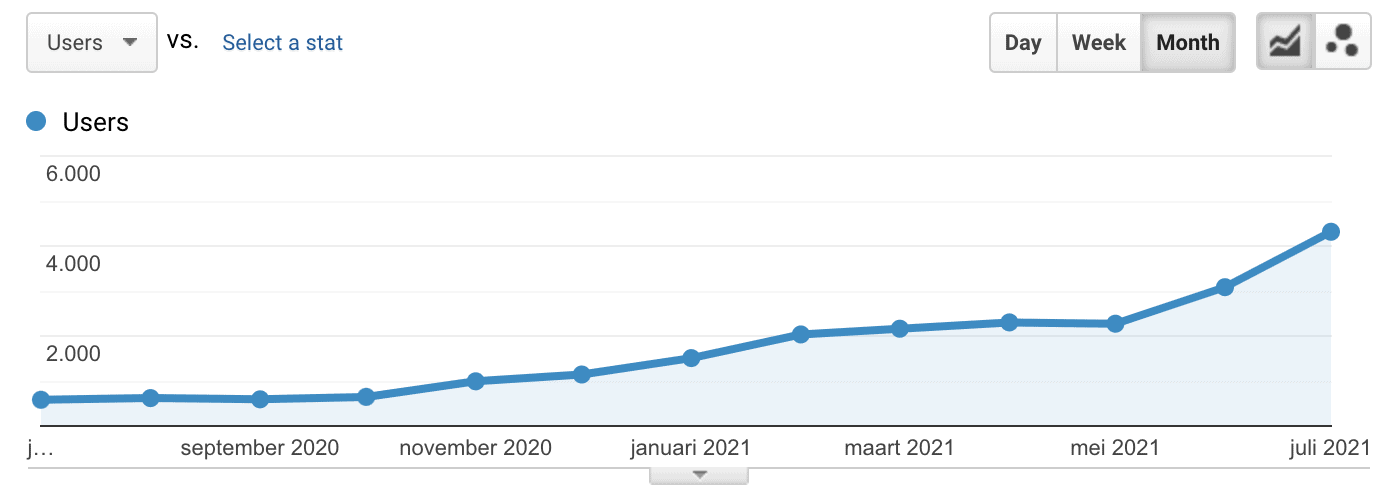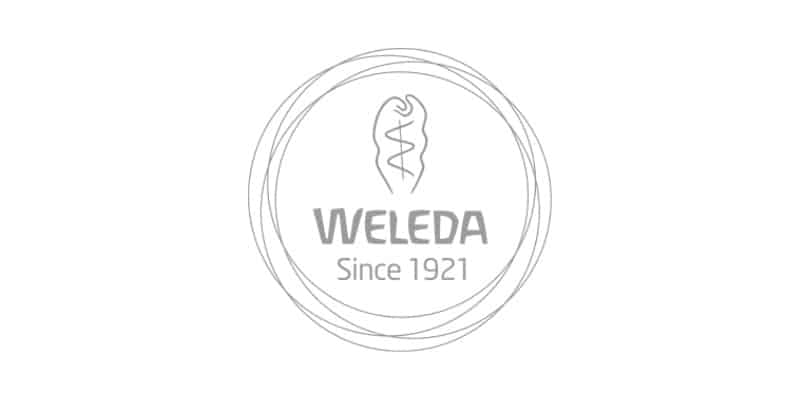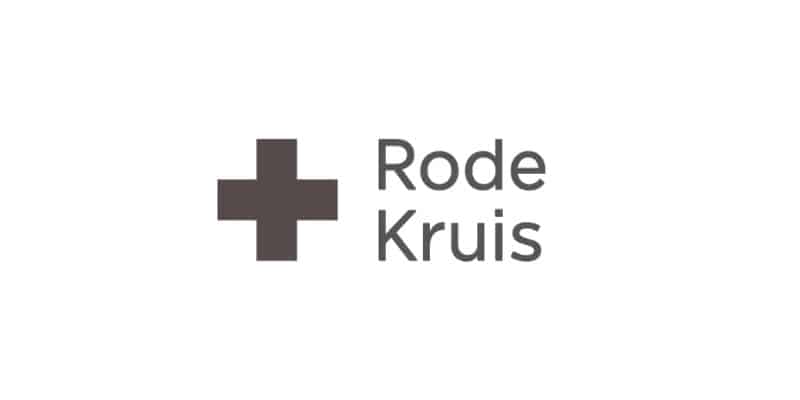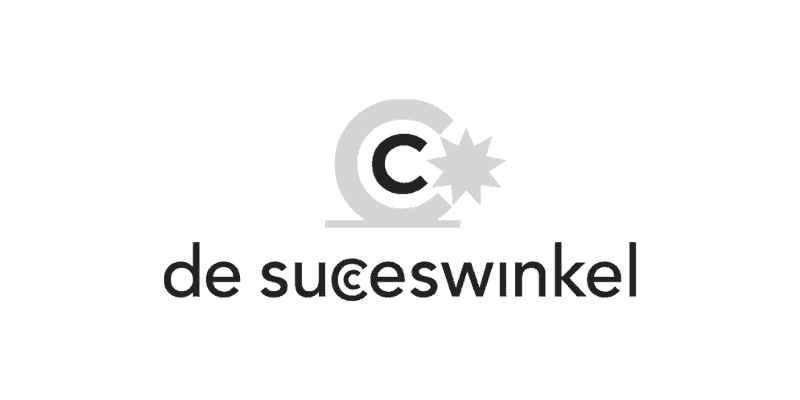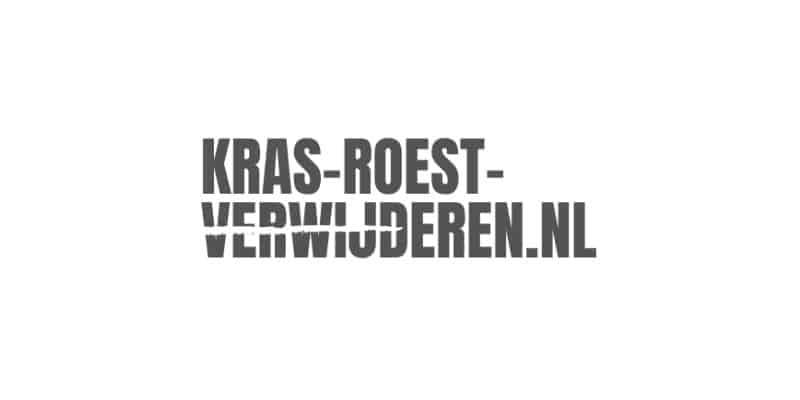SEO for Crypto: 5 Things You Should Know
In 2021, Techjury reported that there was a total of over 4,000 cryptocurrencies on the market.
Of course, this makes for a very competitive market. Even though 1,984 of those currencies have failed after being labeled Ponzi schemes or losing value, there’s still plenty of competition.
Crypto projects grow through marketing.
However, if you’re a blockchain looking to survive, you’ll need more than just crypto marketing. You’ll have to include an SEO strategy into your marketing mix.
With major platforms having banned (or planning to ban) crypto ads, smaller startups find themselves running out of options. This is where SEO for crypto comes in. Essentially, SEO for crypto is your best shot at surviving the market and pushing past your competitors.
It is optimization that’s been geared towards helping blockchains shine on the search engine. It gives cryptocurrencies a fighting chance in the current market. If you can’t depend on paid traffic, then organic traffic is your best friend.
Below, I’ll get into the details of five things you should know about SEO for crypto.
1. Keyword Research
If you take a class on how to bake pies, the first thing you’ll learn is that the crust has to be perfect. Of course, there’s more to the pie than just the crust. But without a great crust, you can’t have a great pie.
Think of keyword research as the crust of your SEO strategy. Keyword research is one of the best SEO techniques you can employ. Simply put, it’s the process of identifying the best terms to use in your articles or social media posts.
These terms will be the most-searched terms on search engines, and they’ll affect
your overall ranking. If your website is ranking for terms that users frequently search for, you’ll find yourself in a good position. And above all, you’ll learn how your customers perceive the crypto market.
Now that’s a marketing strategy.
But now, the problem with keyword research is that many different businesses pick the same keyword, which makes ranking very competitive. The solution? Pick several keywords that are relevant to your article, not just one.
2. User Intent
User intent refers to the reasoning behind your site visitors’ decisions to use particular keywords in search engines.
When they search for Bitcoin alternatives or Bitcoin competitors, the intention in both cases is very different. The first group wants to know which coins are out there besides Bitcoin, while the latter wants to know which coins are doing as well as Bitcoin.
Chances are, the second group is hoping to find a cheaper coin.
Knowing your users' intentions will help you understand how to maximize your crypto marketing efforts. User intent helps you know exactly what your users are looking for and helps you understand how to serve them.
Google algorithms have advanced. Gone are the days of using competitive keywords that don’t provide any consumer value. Once you’ve completed your keyword research, it’s time to use it in a way that serves your users.
You can’t stuff keywords. Instead, you want to use both long-tail and short-tail keywords to perfect your SEO strategy.
3. E-A-T
Most people think the crypto market is shady, and sometimes with good reason. I know of some experts who have been scammed, so why couldn't the same thing happen to newbies, right? This is the major reason platforms have banned crypto ads.
But in the interest of safety, Google developed a verification system: E-A-T.
E-A-T stands for Expertise, Authoritativeness, and Trustworthiness. This is not a direct SEO metric, but rather it does affect your SEO ranking.
Are you showing that you have knowledge of the topic you're writing about? Is your website safe to visit (HTTPS vs HTTP for example)? Do you make clear statements and do you explain your viewing points? Then you're clearly keeping up with E-A-T.
Simply put, if you have untrustworthy and unreliable content, the Google algorithm will know, which will demote your ranking.
4. Link Building
Backlinks or inbound links are links that your site gets from other websites; it’s essentially like receiving a vote of confidence from another website.
When authoritative sites back your content, it not only affects your SEO score, but it
also shows Google that your site can be trusted. This will positively influence your
E-A-T score.
It's important to remember that high-quality backlinks require authoritative websites linking back to you. Poor-quality or low-authority links won’t help you out; in fact, they’ll do more harm than good to your search engine ranking. This is why it’s best to stick with white hat tactics; if you try black hat techniques instead, Google will end up penalizing your website.
5. Quality Content
This has to be the most important aspect of your SEO strategy. All of the factors discussed above converge here.
User intent, E-A-T, keyword research, and link building all depend on your content. Good content isn’t just limited to blogs, by the way; it can be videos, ads, posters, or
pretty much anything else.
Even though it’s been over 10 years since the first cryptocurrency was launched, there are still those who don’t understand this market, let alone trust it. This is a gap in knowledge that you can take advantage of as you educate your users.
Should You Invest in Blockchain SEO?
Without a doubt! Crypto is a very competitive space; if you want to have an edge over the competition, you’ll need to prioritize your SEO marketing strategies.
You may have the right coin, but without the proper marketing strategy, it’ll be difficult for you to get in front of the right audience.
Whether you’re looking into on-site SEO, or want to work through your off-site elements (like backlinking), SEO for crypto is crucial. It’s a marathon, not a sprint. It takes plenty of time and effort. It is an investment, but one that’s definitely worth it in the end.
I help businesses within the crypto hemisphere develop custom SEO strategies.
Contact me to learn how I can grow your SEO strategy.
ps. here are my two favorite NFTs:



